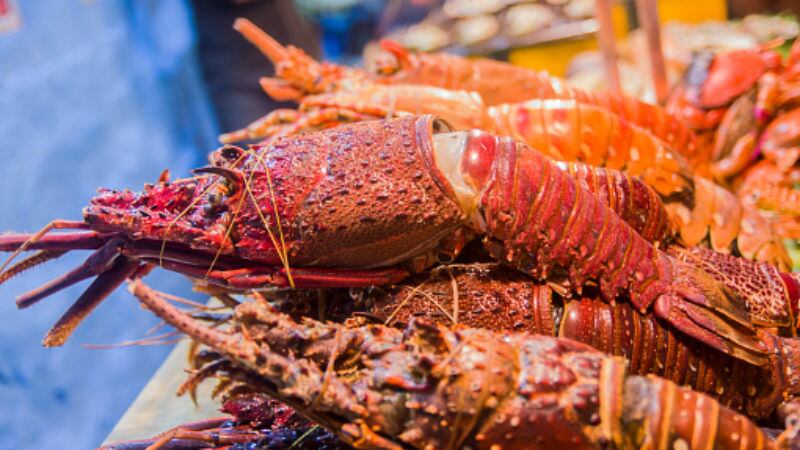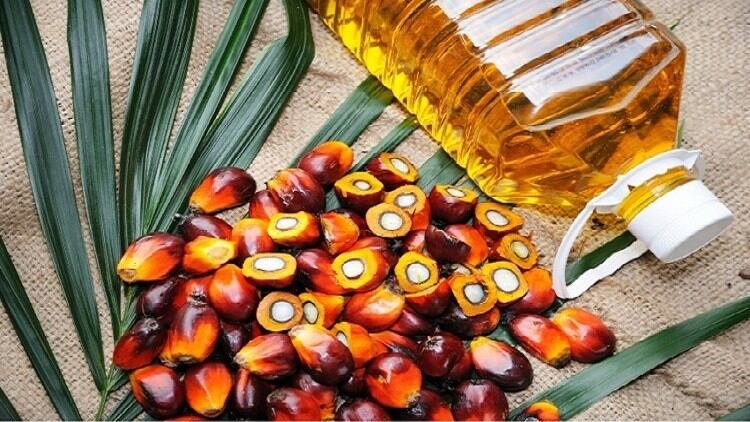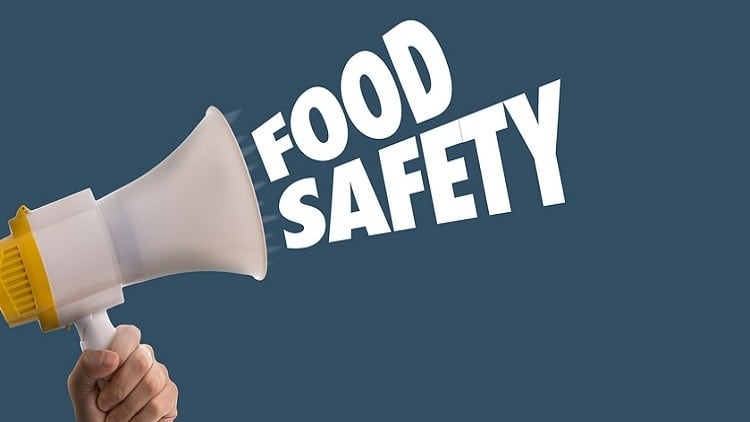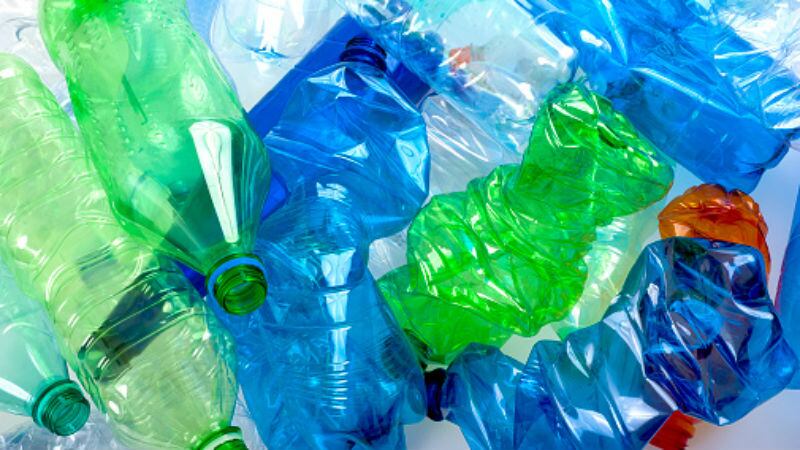‘Totally catastrophic’: China’s coronavirus crisis sees global F&B authorities react with varying degrees of caution
The recent coronavirus outbreak originating from animals in China has seen food and beverage authorities and industries worldwide taking steps to prevent spreading or ‘importing’ the virus into their countries – some more aggressively than others.
The coronavirus, dubbed 2019-nCoV, was first identified in Wuhan, China where most of the victims so far have been located. The World Health Organisation (WHO) declared the outbreak to be a global health emergency last month.
In response to the crisis, authorities in several countries have acted to ban the import of food items from China. One of these was Indonesia, which started with the ban of live animal imports from the country and is set to release a list of other banned food items soon.
Cholesterol crush: Major Indian dairy firms lose US$100,000 of products over false labelling claims
Almost US$100,000 worth of well-known spreads were confiscated by the Maharashtra Food and Drug Administration (FDA) from two local Indian dairy firms for ‘zero cholesterol’ and ‘low cholesterol’ mislabelling violations.
The confiscated products were Amul Lite and Delicious, produced by the Gujarat Cooperative Milk Marketing Federation, and Nutralite Fat Spread by Zydus Wellness. Both the Amul and Nutralite brands are common household names in India.
According to an official statement from the Maharashtra FDA, INR7mn (US$97,800) worth of these spreads were confiscated during raids conducted in cold storage facilities across the state, as these were found to be ‘mislabelled’.
“The labels on these products declared them to be ‘zero cholesterol’ or ‘low fat low cholesterol’, but their contents do not match the standards as required by Schedule I (Nutritional Claims) in the Advertising and Claim Regulation 2018 of FSS Act 2006,” said the agency.
No longer ‘nuclear food’? Philippines is latest country to fully lift all bans on Japanese foods
The Philippines has become the latest country worldwide, and the 12th in the Asia Pacific region, to fully lift all import bans and measures on Japanese foods previously restricted due to nuclear radiation concerns.
Many foods from the Japanese prefectures of Fukushima, Gunma, Ibaraki and Tochigi have had import restrictions placed on them by countries worldwide since an 8.9 magnitude earthquake struck the country’s Pacific Coast on March 11 2011, damaging the Fukushima Daiichi nuclear plant and causing radioactive iodine contamination to various nearby foods.
The Philippines lifted its bans and import restrictions on all Japanese foods from these regions earlier this month and this move was announced by Philippines Foreign Affairs Secretary Teodoro Locsin Jr. alongside Japanese Foreign Minister Motegi Toshimitsu who was visiting the country.
"Japan welcomes the lifting of the import ban of food products from Japan by the government of the Philippines yesterday," said Toshimitsu at a press conference.
"With this lifting, we hope that safe food from Fukushima as well as other parts of Japan will reach many people in the Philippines," he added.
Arsenic snack shock: RMIT study finds almost 75% of children rice snacks exceed EU recommendations
Nearly 75% of infant and children rice snack samples in Australia have been found to exceed the European Union (EU) maximum levels of inorganic arsenic levels.
Researchers in Australia said this is concerning as baby food companies are increasingly shifting to organic products for perceived healthiness, but organic rice have been shown to contain more inorganic arsenic (iAs) than inorganic rice. iAs is known as a non-threshold human carcinogen.
The current Australian guidelines for total arsenic in food are based on adult consumption and are not protective of high-sensitivity consumers like infants and young children.
Ayurvedic protection? India’s AYUSH ministry draws flak for advocating alternative medicine against Coronavirus
India’s Ministry of AYUSH has attracted criticism from medical experts for suggesting alternative medicines, such as Ayurveda, homoeopathy, and unani practices, could act as immunity booster against the deadly novel coronavirus.
The country’s press information bureau (PIB) issued the advisory last Wednesday, specifying the types and the methods for preparing the traditional products.
One of its Facebook posts claimed that the coronavirus infections ‘can be prevented’ with ‘solutions’ from Ayurveda, homoeopathy, and unani which has its origins in ancient Greek medicine.
Some researchers and medical practitioners have since voiced criticism against the advisory.





